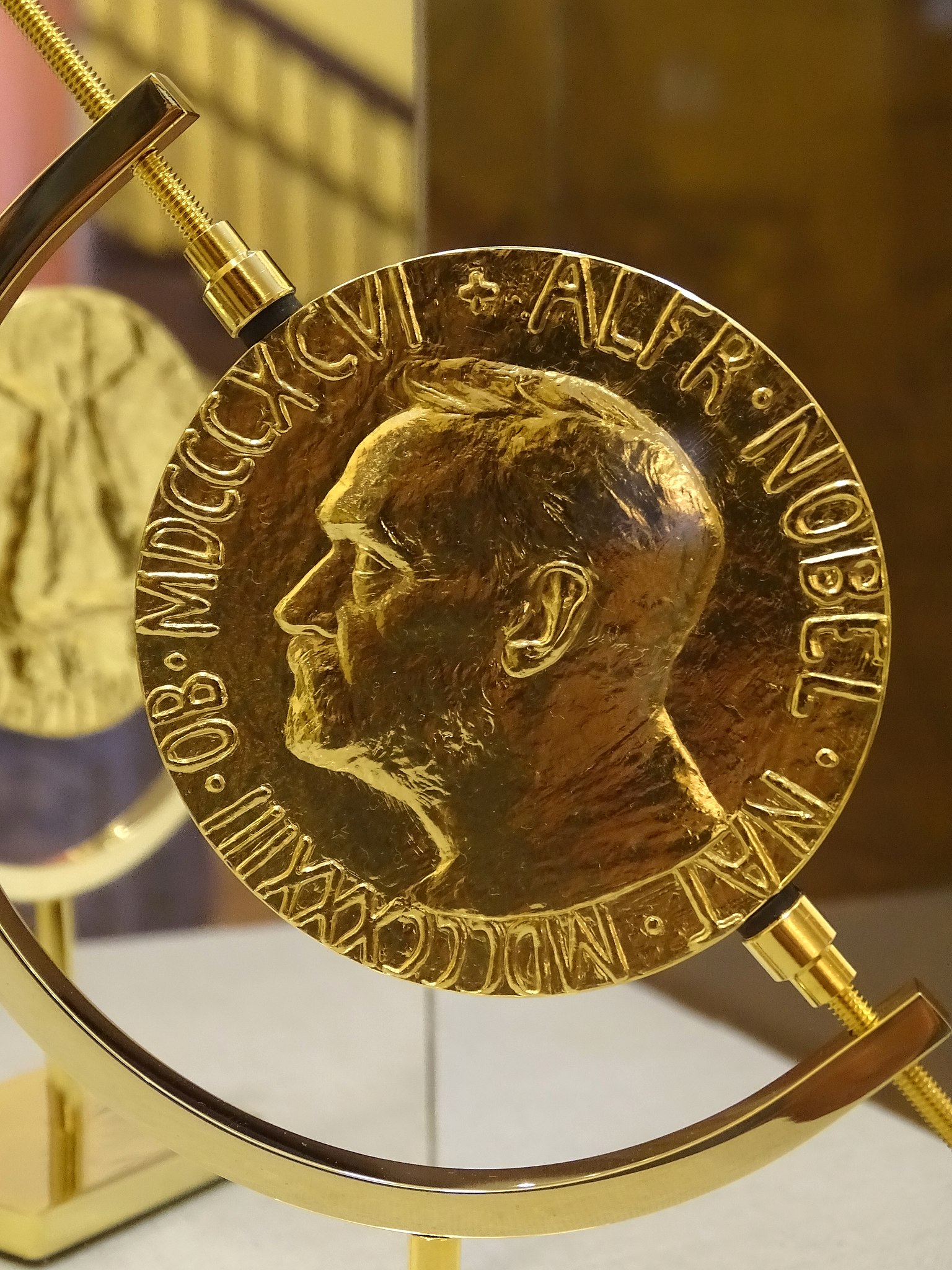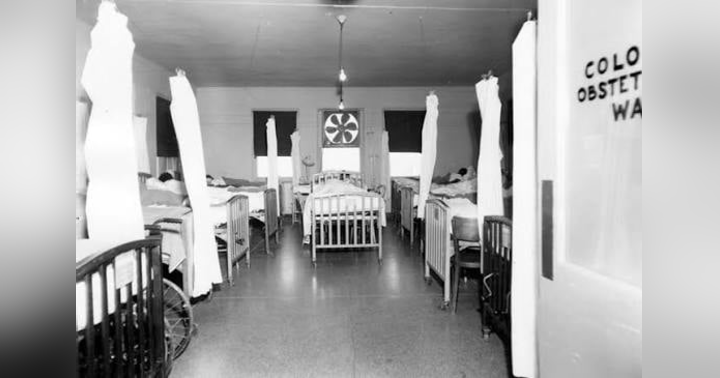Carter’s Real Peace vs. Trump’s “Seven Wars” Spin

Every so often, Donald Trump dusts off his favorite brag: that he “ended seven wars” and therefore deserves the Nobel Peace Prize. He loves to remind us (over and over) that Barack Obama received one, and in his words, “didn’t do anything.”
But if you look closer, Trump’s claim doesn’t just fall apart — it becomes almost laughable. To see why, it helps to remember what real peacemaking actually looks like.
Jimmy Carter and the Camp David Accords
In 1978, President Jimmy Carter brought two bitter enemies — Egypt’s Anwar Sadat and Israel’s Menachem Begin — to Camp David. For thirteen tense days, Carter worked tirelessly, shuttling between leaders, drafting proposals, and refusing to let the talks collapse.
The result? The Camp David Accords, which led to the Egypt–Israel Peace Treaty of 1979, ending decades of war and reshaping the Middle East.
That wasn’t a press release. It wasn’t a photo op. It was a genuine, lasting agreement born of diplomacy, courage, and Carter’s personal passion for peace — much of it rooted in his faith, but also in his compassion and sense of responsibility as a leader.
Carter’s achievement still stands more than 40 years later. That’s why he was rightly honored with the Nobel Peace Prize in 2002, not just for Camp David but for a lifetime of peacemaking and humanitarian work.”
Trump’s “Seven Wars Ended” Claim
Now, compare that to Trump. He points to vague situations like Armenia–Azerbaijan, India–Pakistan, or Israel–Hamas, claiming he personally “resolved” these conflicts. But fact-checkers and historians agree:
- No treaties were signed.
- No Camp David–style negotiations took place.
- No lasting peace agreements were reached.
At best, there were temporary ceasefires or normalization agreements with countries not even at war with each other (the Abraham Accords). That’s not “ending wars.” That’s spin.
And while his base cheers, the press often repeats his claim without pinning him down: Which wars? Where are the treaties? Who signed them? Instead of accountability, we get a headline — and then, predictably, more of the same inflated rhetoric next time.
The Nobel Peace Prize and the Word “Peace”
The Nobel Peace Prize is not meant as a trophy for military maneuvers or for declaring victory on a stage. It’s meant to honor genuine contributions to peace — efforts that reduce conflict, heal divisions, and build a safer world.
So when Trump floats the idea of deploying U.S. troops in American cities as “training grounds” and simultaneously insists he deserves a Nobel, the contradiction couldn’t be starker. You can’t posture for militarization at home while demanding recognition as a global peacemaker. The “peace” part is missing entirely.
Why This Matters
It’s easy to dismiss Trump’s Nobel obsession as just another rant. But it reveals something deeper: a man so insecure about his legacy that he clings to a 10-minute dementia screening test and imaginary war victories as proof of greatness.
Contrast that with Carter, who, decades after leaving office, continued building homes for Habitat for Humanity and monitoring elections in fragile democracies — not for applause, but because it was the right thing to do.
That’s the difference between a leader who seeks peace because it matters and a man who seeks awards because they flatter him.
Final Thought
If Carter reminds us that humility, compassion, and persistence can truly change the world, Trump reminds us how far the bar can be lowered when image replaces substance.
One deserves a Nobel Peace Prize. The other deserves — well, maybe a sponge and a bucket for when the ketchup hits the wall. 🪣
/blog/carter-vs-trump-nobel-peace








